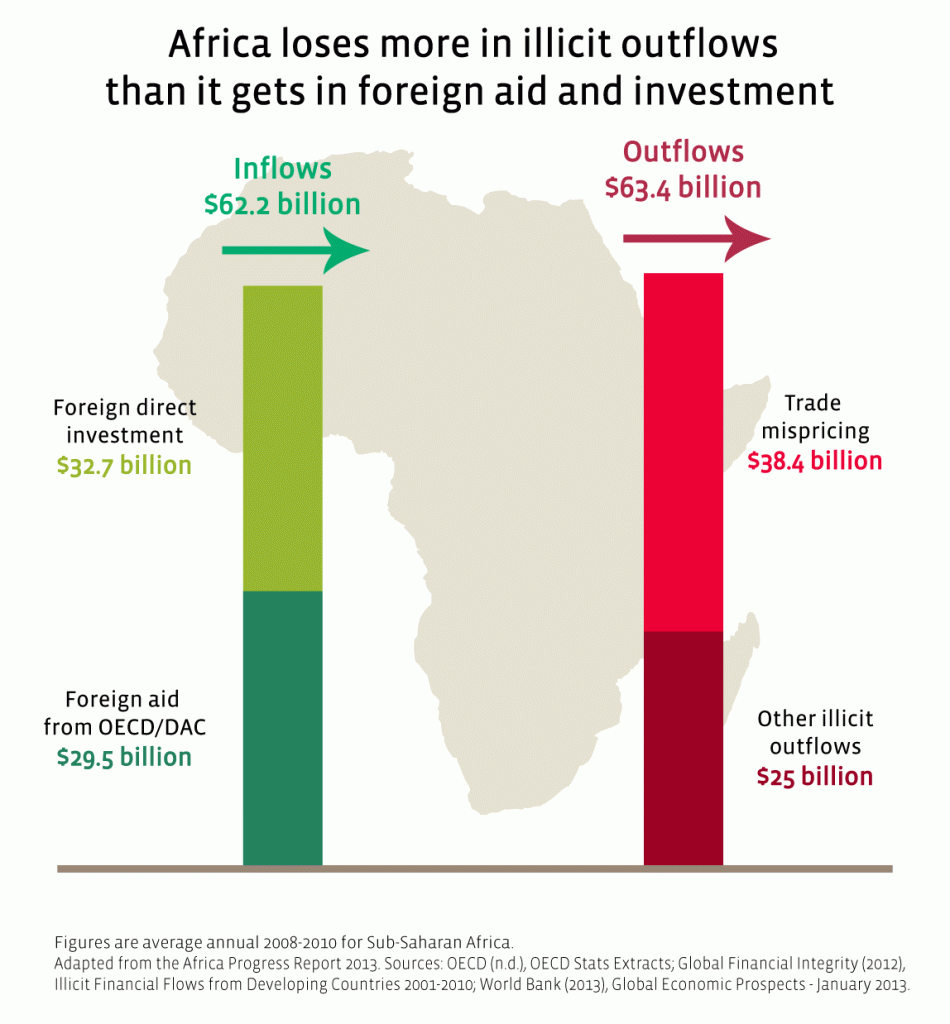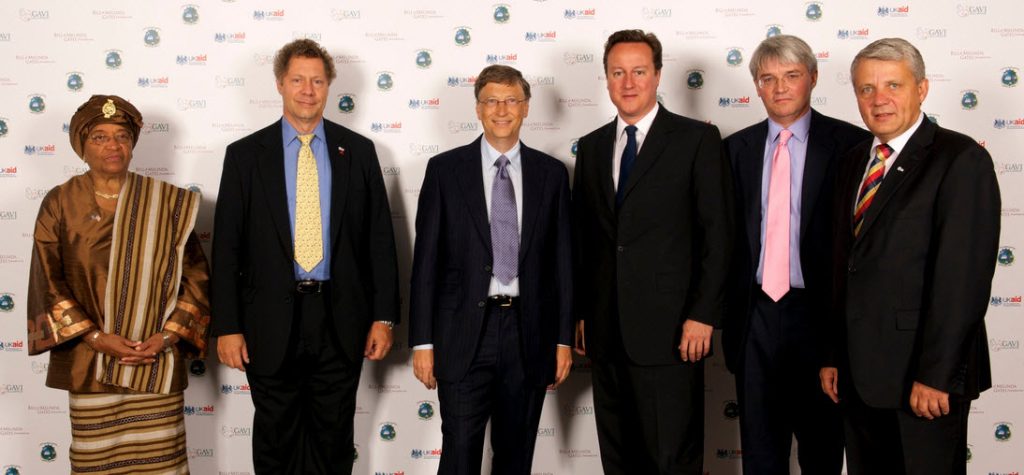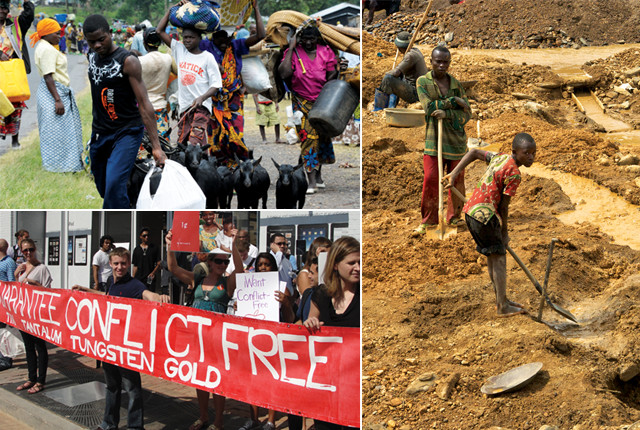
Despite receiving roughly $30 billion annually in aid, Africa suffers annual outflows of $192 billion—over six times more—via illicit finance, profit extraction, debt and resource exploitation . Here’s what you need to know:
1. Aid is dwarfed by illicit financial outflows
Africa’s $30 billion in annual aid is overshadowed by $192 billion leaving through illicit channels—corporate profit repatriation, tax dodging, debt payments, resource theft, climate costs, and brain drain
2. Net financial loss amounts to $58 billion annually
When aid, investment, and remittances (~$134 billion) are offset by outflows, Africa posts a net annual deficit of $58 billion—funds that *could* cover universal health coverage ($37 billion) :contentReference[oaicite:4]{index=4}.
3. Multinationals siphon off $46 billion each year
Foreign companies repatriate over $46 billion annually, draining resources through profit shifting and opaque accounting—reinforcing a pattern of extraction hidden behind ‘aid’
4. Illicit financial flows and offshore tax havens cost $35 billion
These losses, fuelled by global tax avoidance, hit resource-rich nations hardest. Over 70% of tax haven schemes are tied to G8/EU countries, with the UK as one major enabler
5. Climate costs and debt repayments drain public funds
Africa shoulders $17 billion annually in climate change costs plus $21 billion in debt servicing—added burdens often ignored by aid donors
6. Resource exploitation extends beyond oil and minerals
Illegal logging ($17 billion), unregulated fishing ($1.3 billion), and skilled migration erode state revenue—while the world applauds aid contributions

7. The aid narrative hides systemic injustice
Charitable aid narratives mask structural exploitation—enabling multinational tax avoidance, debt traps, and climate damages that rob Africa of its wealth
🌍 Why This Reality Matters
- Economic justice: Aid fails if Africa remains a net financier of Western benefit.
- Health equity: Redirecting $58 billion/year could fund universal healthcare and crisis resilience.
- Climate fairness: Wealthier nations should pay reparations for climate impacts.
- Tax fairness: Crackdowns on offshore flows would rebuild state capacity.
🔧 What Must Change Now
- Fully address illicit flows by tightening international regulations and punishing evasive tactics.
- End the revolving door of exploitative debt—restructure and cancel odious debts.
- Push global climate finance beyond aid—support reparations for damage caused.
- Close tax haven loopholes—start with jurisdictions like the UK, U.S., and EU.
- Reframe aid as solidarity, not charity—endorse fair trade, local investment, and fiscal independence.

📈 Internal & External Resources
- Our ‘Who Aids Whom?’ series – deep dives into aid vs outflows.
- Original Think Africa Press report :
- Opinion: Aid as Pandora’s Box in Africa :
- LeftFootForward summary
- Wikipedia: Aid and humanitarianism issues
Conclusion: Africa’s annual $192 billion losses Aids, But Rarely Is Aided
Africa doesn’t just receive aid—it finances riches in the West. The $192 billion exodus blindsides development hopes. True progress demands altering this flow: stopping illicit finance, fossil fuel debt, climate debt, and enabling Africa to self-fund its future. Until then, aid remains a half‑truth—heroic in appearance, hollow in effect.
Published by Think Africa Press Analysis
for more news visit our website




